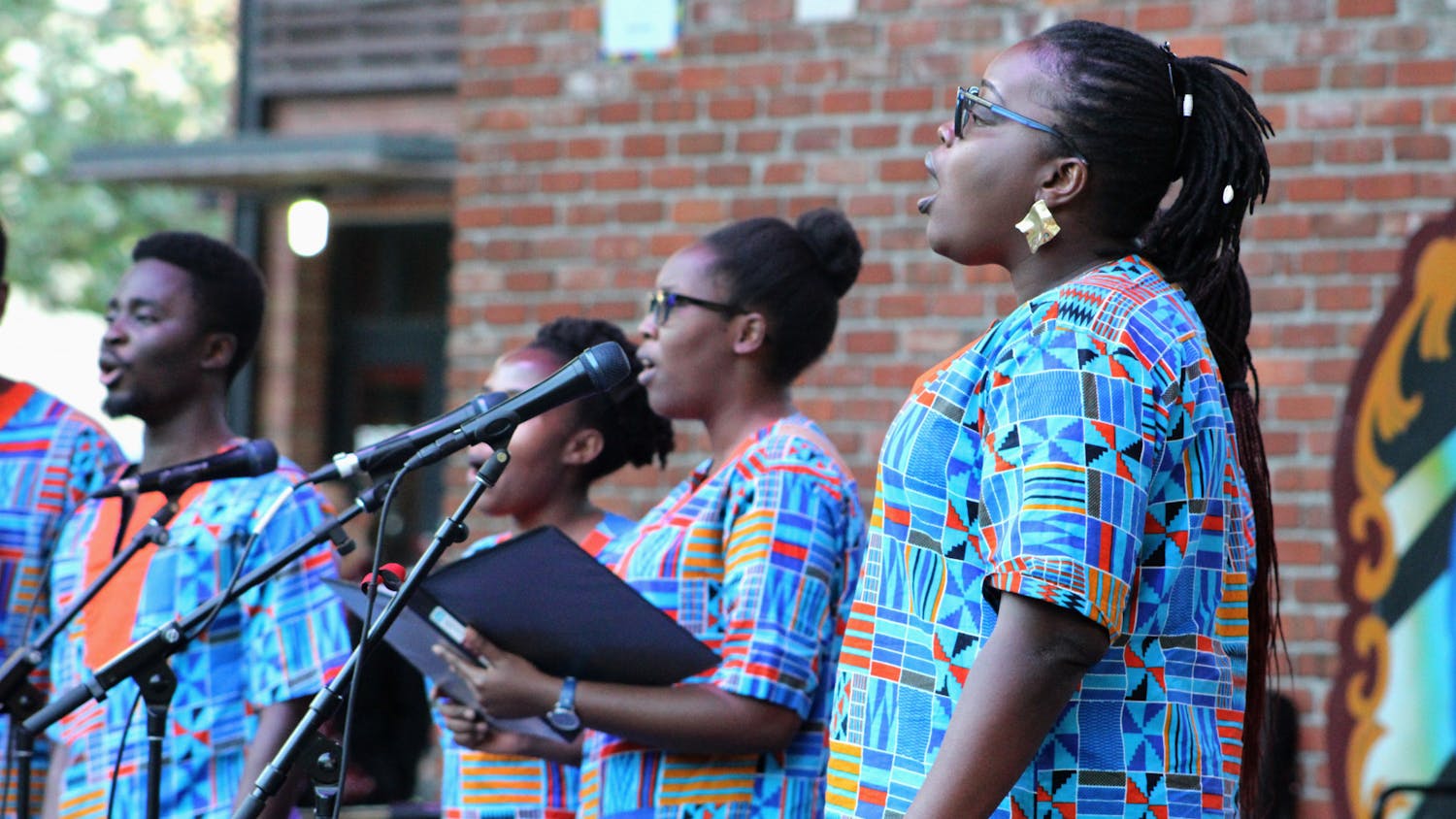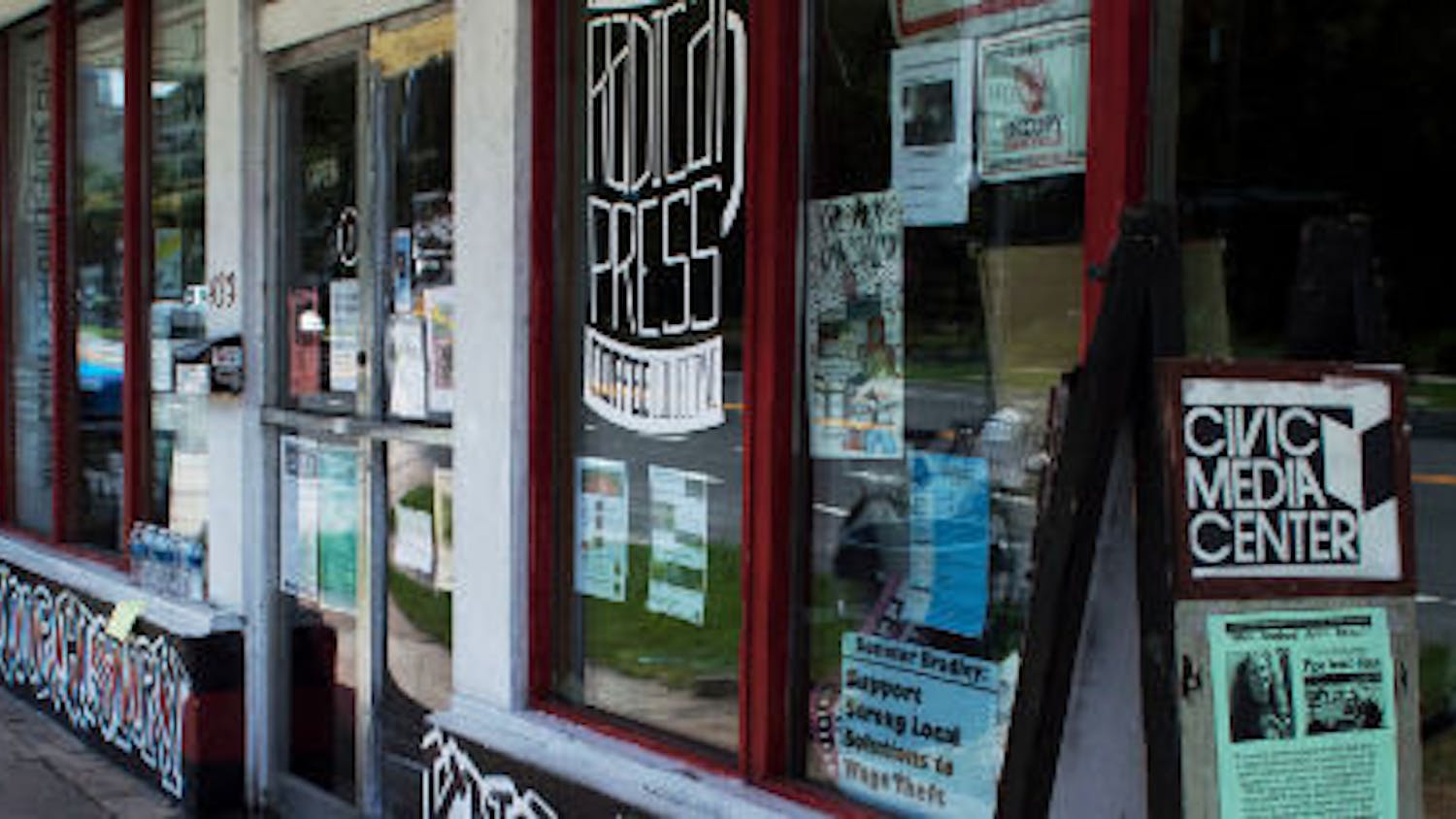Swedish writer Henning Mankell described an emaciated, young boy he once saw walking abnormally slow down a village road in Africa.
“I noticed something that I will never forget for as long as I live,” he said. “I looked at his feet. He had no shoes. Instead he had painted shoes on his feet. He had used the colors in the ground and in the roots to replace his shoes.”
“He had come up with a way to keep his dignity,” Mankell said.
The boy, who was a victim in Mozambique’s brutal civil war some 25 years ago, is probably dead now, Mankell said.
We forget there are only a few differences between us — Homo sapiens — and our jungle friends. One of those is that strange concept of “dignity.”
“The unexamined life is not worth living,” Socrates said. We rarely wonder, “Why do humans in hot climates wear clothes? Why do we — even atheists — give such moving memorials to lifeless dead bodies? Why do we lie and exaggerate about ourselves?”
The answer to those questions is often simple: to preserve our basic dignity.
Without dignity, there’s no point of being human. And no matter how hopeless someone becomes, you can never take away a person’s dignity — the human is too resilient a creature.
There is one person in Gainesville who gets this whole “dignity” thing. Her name is Rebecca Brown.
She founded the Streetlight program at Shands. Volunteers in the program work to form supportive relationships with critical and chronically ill adolescents. Some patients are close to death while others live with pain and depression. In restoring a “sense of normalcy while they are dealing with their illness,” Brown and her team aim to preserve the dignity of the suffering.
Befriending a chronically ill patient is often more meaningful than “lifesaving” medical intervention.
But there is still something uncomfortable about sitting on the bedside of a girl with cystic fibrosis whose persistent cough indicates death is imminent. But in shunning her, we only shun ourselves.
In just a few years, reality will hit home.
We’re quite weak. Not just weak but also dependent. Our joints will creak, and our legs will quiver. Walking will be a feat, and running laps will only happen in dreams.
And at that point, we will realize there’s more to life than trying to add a few more years to our earthly visit through surgical procedures.
The African boy I mentioned earlier was dying, but he spent his remaining moments painting his feet. The sickly teens in Streetlight aren’t looking for more drugs or hospital stays. They’re searching for a friend’s hand.
They realized there is more to life than the calendar years we live.
They fought to keep their dignity.
Getting involved in social work is en vogue these days. There is a simple way to determine if that activism actually has any meaning: Does it restore human dignity?
Ensuring that fellow man’s self-respect is preserved doesn’t have to come through joining some huge relief effort. We all have friends and family members whose dignity has waned, and they’re waiting for our hand.
Go help.
Remember, a time will come when you, too, will be waiting for someone’s help.
Zulkar Khan is a UF microbiology senior. His column runs on Wednesdays. A version of this column ran on page 6 on 11/6/2013 under the headline "Being human means having dignity"





